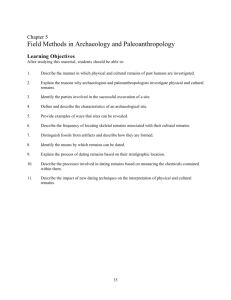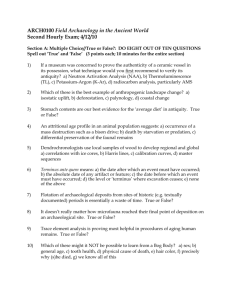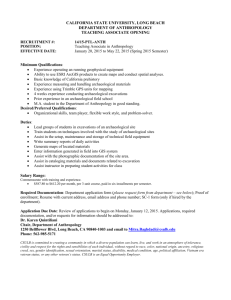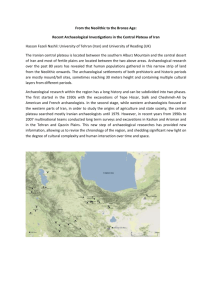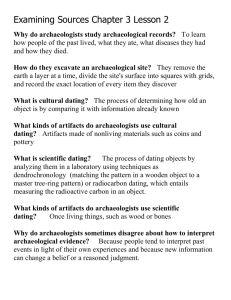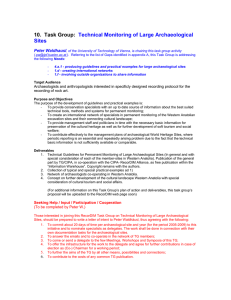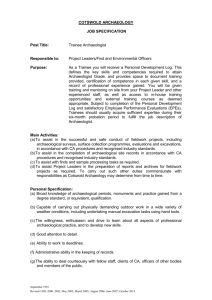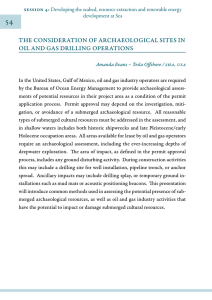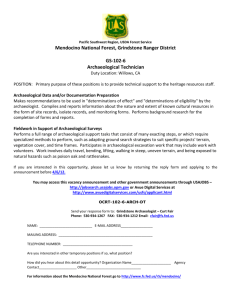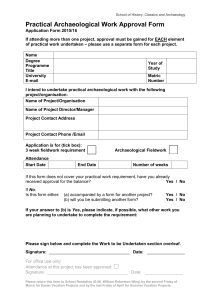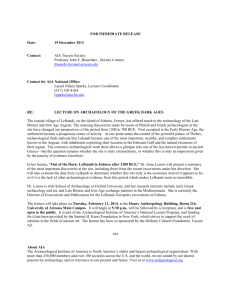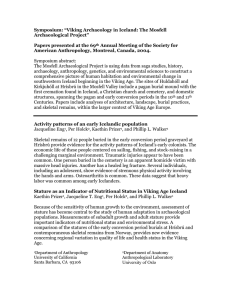Batt_2_1371642829
advertisement
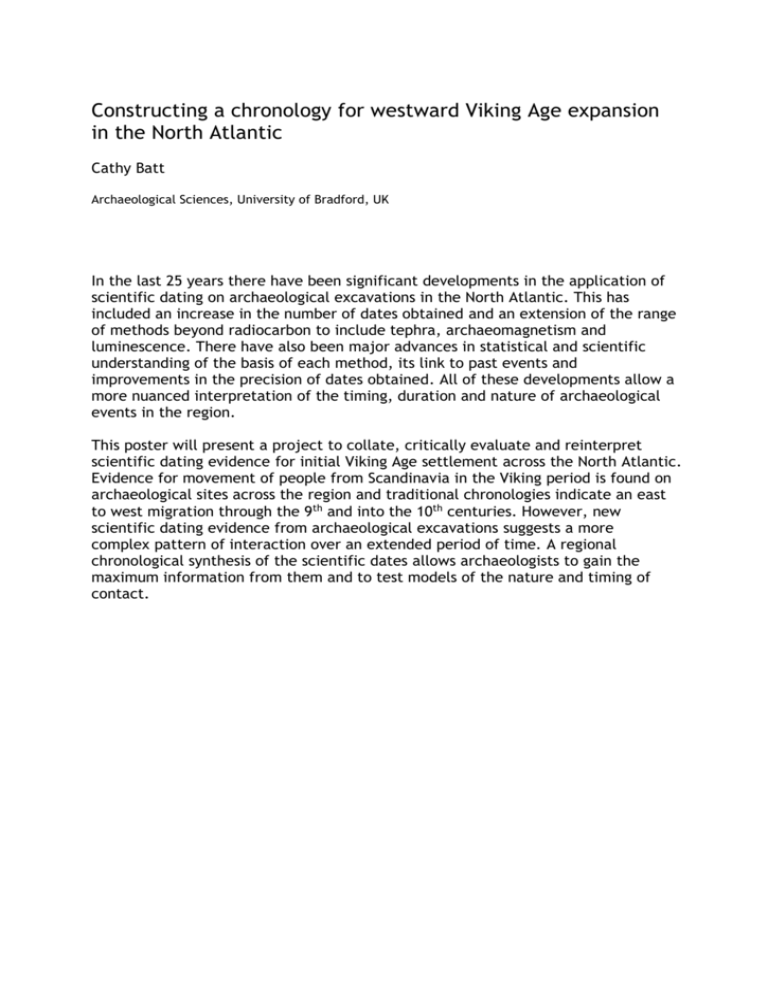
Constructing a chronology for westward Viking Age expansion in the North Atlantic Cathy Batt Archaeological Sciences, University of Bradford, UK In the last 25 years there have been significant developments in the application of scientific dating on archaeological excavations in the North Atlantic. This has included an increase in the number of dates obtained and an extension of the range of methods beyond radiocarbon to include tephra, archaeomagnetism and luminescence. There have also been major advances in statistical and scientific understanding of the basis of each method, its link to past events and improvements in the precision of dates obtained. All of these developments allow a more nuanced interpretation of the timing, duration and nature of archaeological events in the region. This poster will present a project to collate, critically evaluate and reinterpret scientific dating evidence for initial Viking Age settlement across the North Atlantic. Evidence for movement of people from Scandinavia in the Viking period is found on archaeological sites across the region and traditional chronologies indicate an east to west migration through the 9th and into the 10th centuries. However, new scientific dating evidence from archaeological excavations suggests a more complex pattern of interaction over an extended period of time. A regional chronological synthesis of the scientific dates allows archaeologists to gain the maximum information from them and to test models of the nature and timing of contact.
